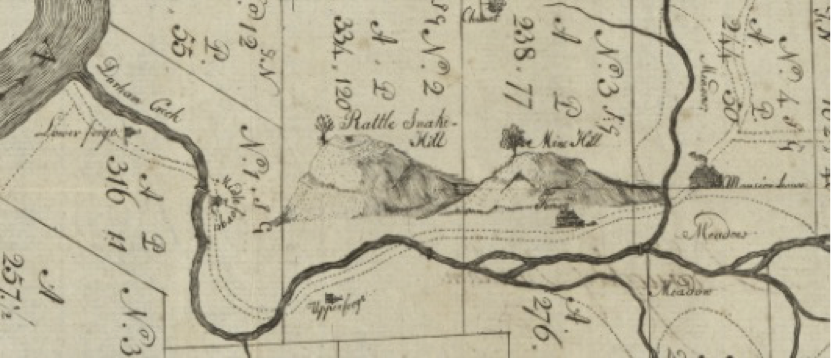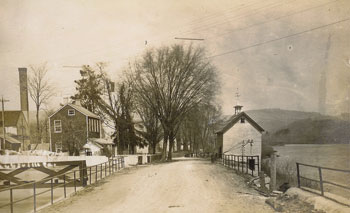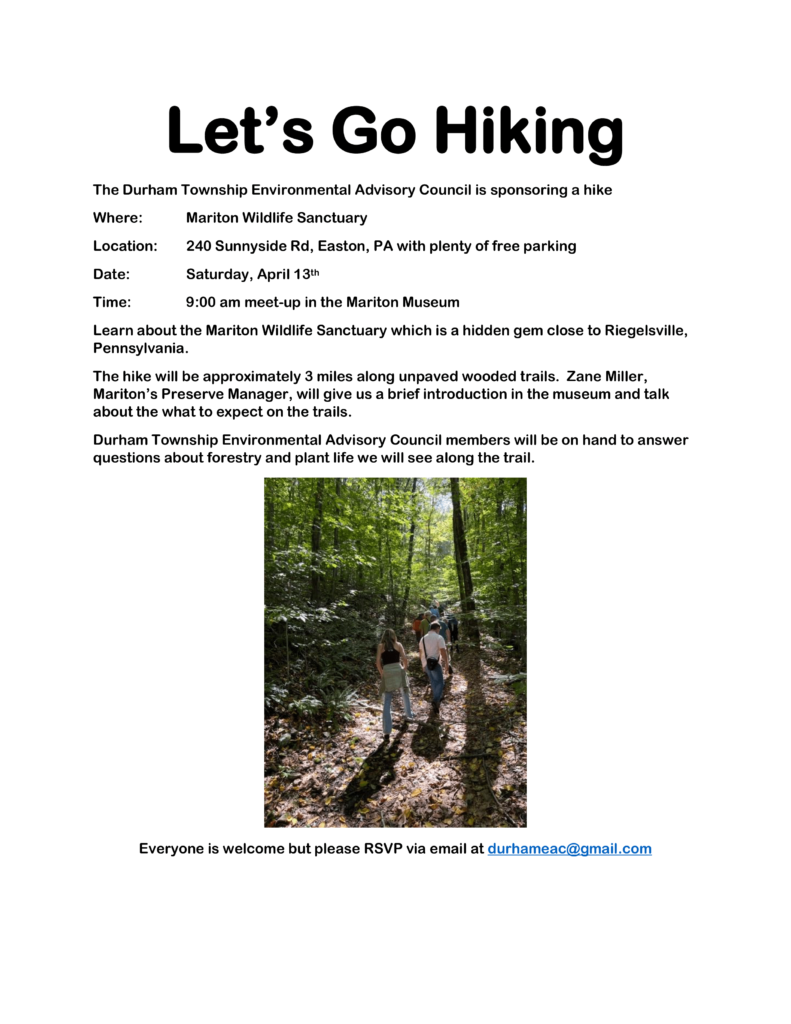Sunday, April 27, 2025, 2PM
Here at the Durham Furnace/Durham Mill
955 Durham Rd., Durham, PA

See the lower, middle, and upper forges and furnace
DURHAM HISTORICAL SOCIETY presents:
Dan Graham, Pennsylvania iron historian and author, will
discuss the early Colonial iron industry of Pennsylvania and
how Durham Furnace was a part of it. The presentation will
include how iron was made and the differences between
bloomeries, furnaces and forges. The talk will also include an
overview of Durham Furnace’s early history and present
information on ironmaster and Declaration of Independence
signer, George Taylor.


